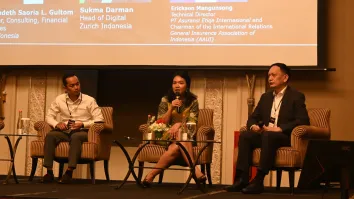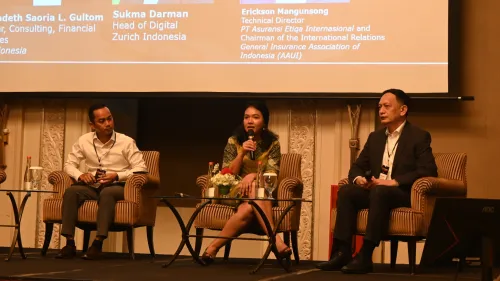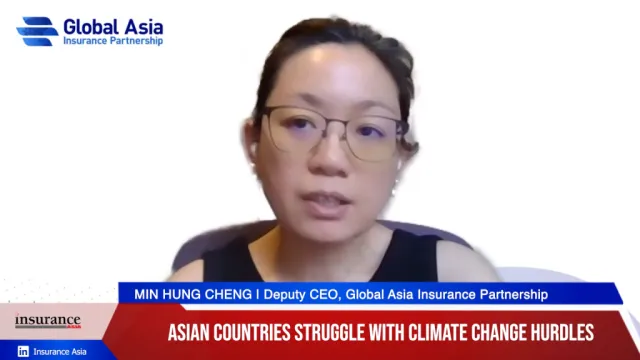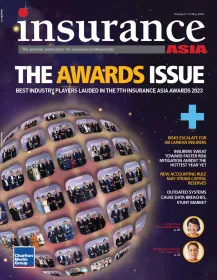
China strengthens reserves for critical illness policies
Jefferies says looming concerns could dampen profitability.
During the recent Hannover Re first quarter (Q1’24) conference call, concerns were raised about the reserve adequacy of Chinese Critical Illness Insurance. As one of AIA's highest margin products, this issue merits attention, Jefferies Equity Research warns.
Hannover Re's Q1’24 results highlighted profitability concerns with Chinese critical illness policies.
Hannover Re has strengthened its morbidity reserves, citing increased cancer screening since 2015, leading to higher-than-expected morbidity. The company stopped underwriting these policies in 2016.
Additionally, there is a backlog of heart attack and stroke risks, previously misclassified as transient ischaemic attacks (TIAs), due to the pandemic. This trend is consistent with reports from the US and UK, where TIA diagnoses fell by 40%, indicating that people avoided hospitals to prevent COVID-19 spread, resulting in delayed and more costly health outcomes.
The pandemic also reduced the number of insurance agents, worsening service for existing customers and increasing lapse rates among healthy policyholders, thereby reducing margins.
ALSO READ: China's crop insurance aims to tackle farmer instability
Data from the 2024 Jefferies Asia Forum, shared by Christopher Lui, indicates rapidly rising cancer incidence rates despite declining overall mortality.
This paradox is largely due to increased cancer screenings. While better screening improves data quality and presumably new business pricing, it also increases claims, affecting reserve adequacy.
Although AIA likely has limited reinsurance cover, the company's prudent underwriting practices mean adverse changes in claims frequency and lapse rates might not significantly impact its financials.
Hannover Re's conservative approach suggests their actuaries may have overestimated these risks.
Domestic insurers also report rising serious disease frequencies. Ping An uses the latest morbidity tables and prudent assumptions, with reinsurance arrangements to protect profitability.
However, insurers with weaker underwriting and less prudent assumptions may see declining profitability in their critical illness backbooks, which were previously key value drivers.



















 Advertise
Advertise






